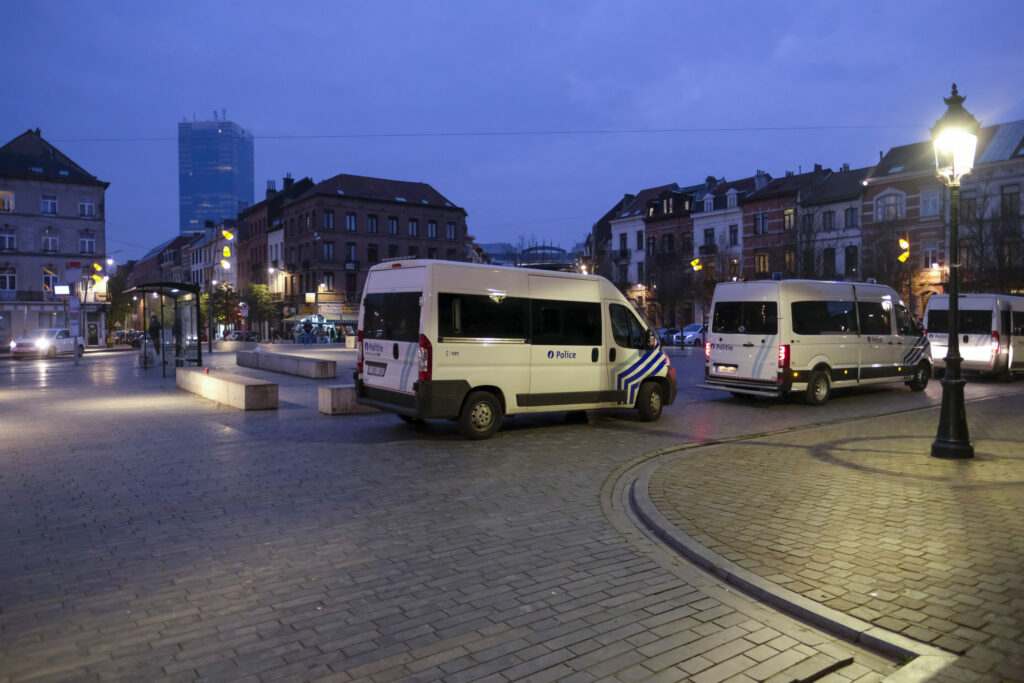Police have arrested around 2,000 street dealers of illegal substances around three major hotspots in the Brussels commune of Anderlecht as part of an active policy to reduce nuisances caused by drug trafficking.
The Brussels Region has been hit by a series of shootings, many of which are believed to be linked to drug trafficking and turf wars, sometimes involving innocent bystanders. This spurred local authorities to call for stricter measures and police enforcement.
The region announced a new method to fight the drug violence in Brussels and to fine-tune the response, the Brussels' Security Council at the end of March identified the 15 hotspots where a lot of drugs are dealt across the region that will be prioritised.
Police have also been taking more targeted action in these hotspots, which are prone to drug dealing and consumption, to curb the violence linked to drug trafficking. In three of these – Clémenceau, Peterbos and Brussels-Midi Station, located in Anderlecht – police have arrested around 2,000 street dealers in six months, mayor Fabrice Cumps (PS) told BRUZZ.
While a lack of sufficient evidence for a trial meant most of the suspects were not referred to the Public Prosecutor's Office, Cumps argued that was not the goal. "The most important thing is to send a signal that we are taking action against drug trafficking."
Hotspot characteristics
Based on the targeted actions in these three Anderlecht neighbourhoods, Cumps pointed out that each has its own characteristics. Around the Brussels-Midi Station and Clémenceau metro station, the drug dealers mainly focus on selling crack, while in the notorious Peterbos neighbourhood, cocaine is the main business.
The consumers also differ by location. Again, around Brussels-Midi and Clémenceau, the selling of drugs attracts a more vulnerable crowd, such as homeless people, drug addicts and asylum seekers who, due to the neglect by the state, turn to cheap drugs in desperation.
Meanwhile, customers in Peterbos often come by car "from outside the municipality, often even from outside the city" to buy the more expensive drugs. These customers coming to the Peterbos neighbourhood's 'drive-in' are also being targeted by the local authorities' operations. Some 50 of them have received fines in the last month.
"It is not my intention to judge drug use, but this problem affects public order," Cumps said. "People who buy drugs should realise that by doing so they are funding the mafia and perpetuating violence."
While he recognises that the Brussels drug trade will not immediately disappear because of this approach, it is having an impact on the quality of life in neighbourhoods. "In the Peterbos neighbourhood, residents are very positive, they notice the difference," Cumps said.
In collaboration with the Brussels-City/Ixelles police zone, the Brussels-Midi police have also been carrying out targeted actions by deploying police officers from the anti-drug squad in civilian clothing in Saint-Gilles, including the Porte de Hal area where a spate of shootings took place in February. Almost 60 street dealers were arrested here.

